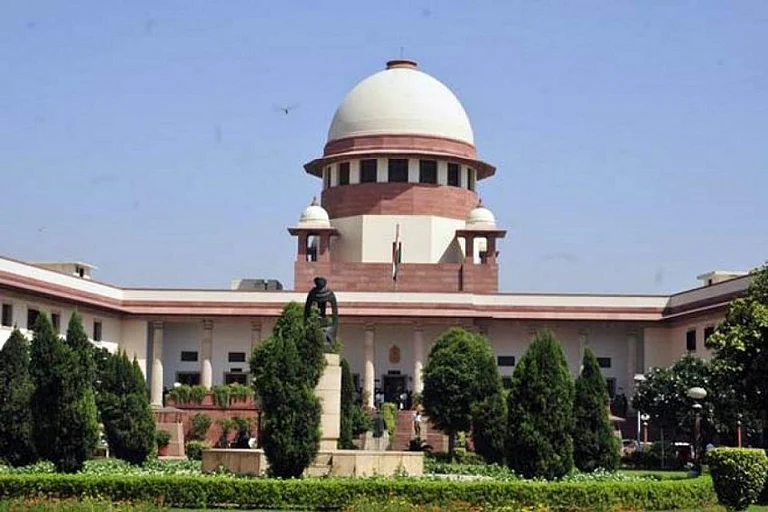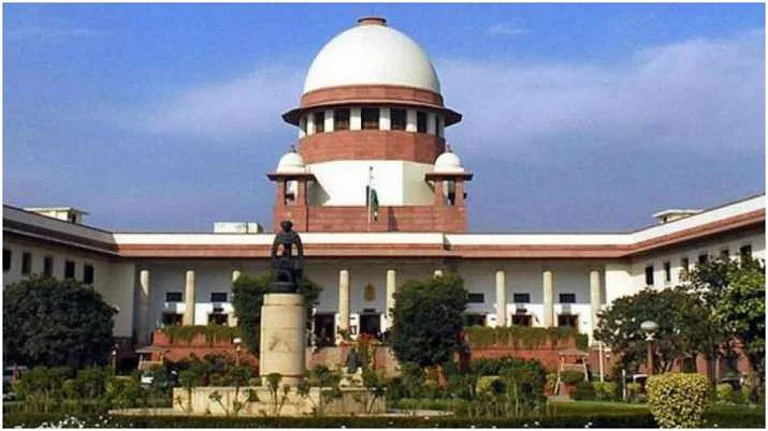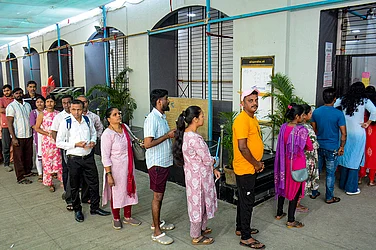
Supreme Court agreed to examine Surrogacy (Regulation) Act, 2021, which bars married couples with one surviving child from using surrogacy for a second, even in secondary infertility cases.
Surrogacy for second child allowed only if existing child is mentally/physically challenged or has life-threatening illness with no cure, requiring district medical board certificate and authority approval.
Centre argued surrogacy is statutory, not fundamental right; restrictions prevent exploitation and align with population policy.
The Supreme Court has agreed to examine whether a law banning married couples facing secondary infertility from using surrogacy to have a second child amounts to a restriction by the State on the reproductive choices of citizens.
An intending couple having any surviving child biologically or through adoption or through surrogacy earlier cannot avail surrogacy procedures for a second child.
However, if the surviving child is mentally or physically challenged or suffers from life threatening disorder or fatal illness with no permanent cure, the couple can avail surrogacy for a second child after obtaining medical certificate from a district medical board and with the approval of the appropriate authority.
A bench of Justices BV Nagarathna and AG Masih issued notice to the Centre and listed the matter for further hearing.
The Union government defended the law, stating surrogacy is a statutory right subject to conditions, not a fundamental right under Article 21.


























